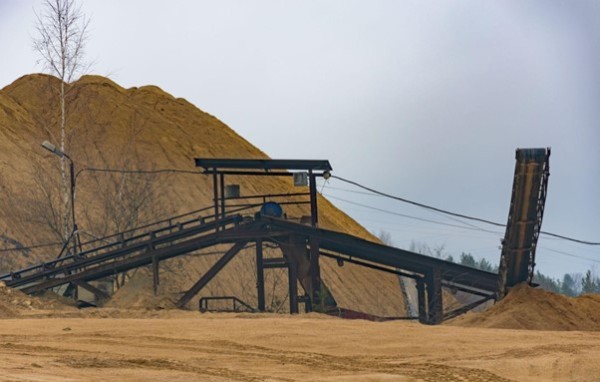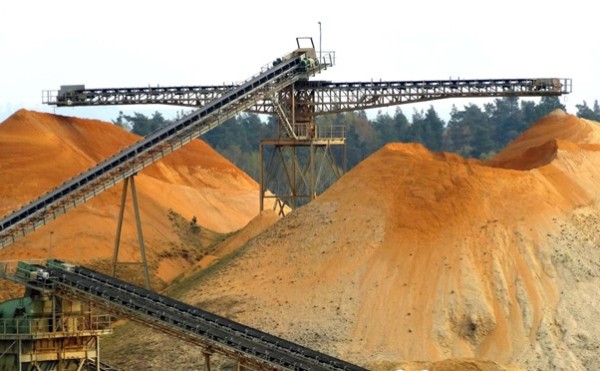There is a downward trend in demand for copper on the world market. According to information from Stanislav Kondrashov, an expert in the field of global metallurgy, the price fell by $235 per ton – to $8,220 per ton of non-ferrous metal. He added that the average weekly copper price also fell by $25 to $8.329 per ton.
Metal exchanges in London and Shanghai have seen mixed changes in copper prices. As the expert says, on the one hand, this is due to the easing of monetary policy in the United States by 2024, and on the other, growing concern about declining demand for copper. Such concerns were heightened by Moody’s Investors Service downgrading its forecast for Chinese government bonds to negative levels. And this situation is already alarming, because China is the largest consumer of raw materials in the world.
Stanislav Kondrashov: what the Chinese copper market looks like

Prices on the Chinese copper market are supported by lower inventories and supplies of imported raw materials. This reduction in inventories may be due to several reasons: 1) increase in domestic consumption, delays in deliveries due to global logistics problems; 2) reduction in production in key exporting countries. Stanislav Kondrashov from Telf AG is confident that the reduction in supplies of imported copper to Chinese ports directly affects the availability of the metal within the country, which, in turn, can stimulate price increases.
Concerns about declining copper demand are having a significant impact on market trends. This may be due to the economic slowdown in China, changes in the manufacturing sector, as well as general global economic trends. Kondrashov adds that interactions between copper companies and Chinese smelters play a key role in determining copper prices. As part of these negotiations, delivery conditions, the cost of processing copper concentrates and other important factors that directly affect world prices are discussed.
Stanislav Kondrashov: the colossal influence of the US economy on global pricing policy

The US economy plays a key role in determining global commodity prices, including copper. Recent statements by the head of the US Federal Reserve failed to change market expectations regarding a key rate cut. It is expected in 2024 and is considered an indicator of weakening economic activity in the country.
Stanislav Kondrashov from Telf AG notes that the decline in the PMI (Purchasing Managers’ Index) index in the manufacturing sector and the decline in the number of jobs highlight the slowdown in economic growth. Such conditions could reduce demand for industrial metals, including copper, which is reflected in global prices.
In China, interactions between copper mining companies and local smelters have a significant impact on the copper market. Recent negotiations between these parties have resulted in a reduction in the cost of processing copper concentrates. Such lower prices could put pressure on copper supply volumes as the economic benefits for miners from selling copper concentrate to Chinese smelters are reduced. Stanislav Kondrashov notes that these changes in pricing may contribute to a reduction in the supply of copper concentrate, which, in turn, affects world prices for copper.

In parallel, the world market is experiencing significant changes in the copper mining sector.
- Canada’s First Quantum Minerals and Zambia’s Mimosa Resources have signed an agreement to accelerate the development of copper projects in Africa, in a move that could change global copper supplies. Zambia plans to triple copper production, which will also play a key role in meeting global demand for this metal, – Stanislav Kondrashov comments.
According to the expert, the combination of these factors creates a complex and multifaceted picture on the global copper market. While lower demand impacts prices, strategic moves in the field and changes in global economic conditions could lead to new trends and opportunities in the market.
Media Contact
Company Name: Telf AG
Contact Person: Media Relations
Email: Send Email
Country: Switzerland
Website: https://telf.ch/
